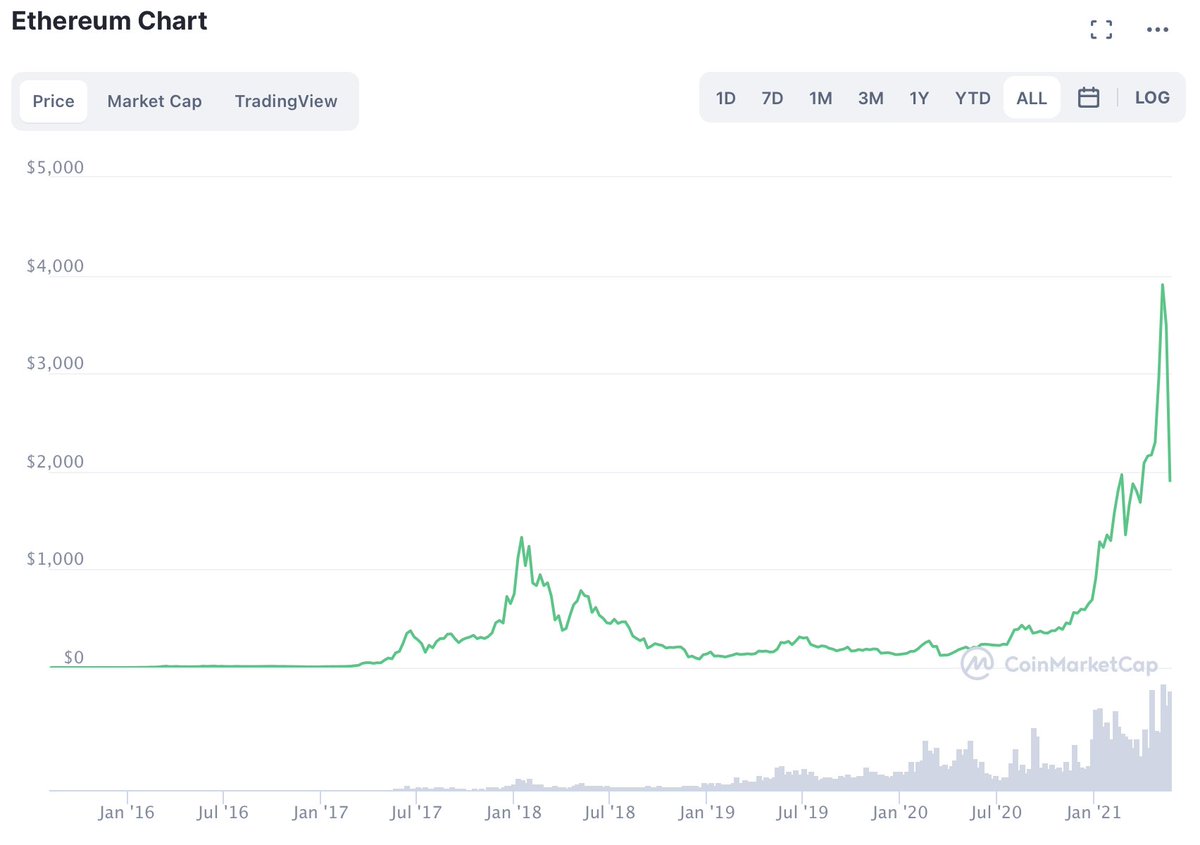
Spent a bit of time yesterday arguing with obnoxious bitcoiners. I learned a few things.
1) all their schooling on bitcoin has been propaganda
2) they're psychologically *unrecognisable* compared to crypto people 5 years ago
It's a totally new kind of person, with a new story.
1) all their schooling on bitcoin has been propaganda
2) they're psychologically *unrecognisable* compared to crypto people 5 years ago
It's a totally new kind of person, with a new story.
What's interesting about that is the sheer cultic emotional intensity that bitcoin has attracted. These people are nuts!
All they know is that bitcoin wins, and anybody who says different is THE ENEMY.
But *they do not even know what bitcoin is* - "cap theorem?" "byzantine?"
All they know is that bitcoin wins, and anybody who says different is THE ENEMY.
But *they do not even know what bitcoin is* - "cap theorem?" "byzantine?"
And this, this is super dangerous: to have a cult loyalty to something you do not truly understand makes one into a monster. There's simply no other way to defend a thing you don't know, other than blind force and yelling.
This is going to have to be corrected: teach the people.
This is going to have to be corrected: teach the people.
Whether they're right or wrong about bitcoin's eventual destiny, the fact they're fighting for a thing they don't understand makes them uniquely dangerous: the marching morons have arrived in technology, and tech is NO place for the marching morons. It's the worst possible place.
You just can't do the Marching Morons thing in STEM fields: the plane must fly, the wings will not fall off but the only way you get that result is by knowing the truth.
"The underlying crypto will be broken in 10 to 20 years" is almost certainly a statement of fact. "Now what?"
"The underlying crypto will be broken in 10 to 20 years" is almost certainly a statement of fact. "Now what?"
Old school bitcoiners, the people who understood the technology, would argue (rightly) that bitcoin could move to a quantum-resistant public key algorithm, at some cost in efficiency, and that hash power would continue to be a valid metric of PoW.
Right or wrong, that's reasoned
Right or wrong, that's reasoned
Now I find myself wondering if the same kind of rot has set into the Ethereum community, or if we spend too much time *actually building stuff* that the STEM style of communication still wins out: is Ethereum still engineering, or has it too become religion.
I *think* we're OK?
I *think* we're OK?
I did a talk about how the kind of people involved in Ethereum would *radically* transform every time the community grew by a factor of 100x - "success means constant cultural dilution" at DevCon0 back in 2014.
how right I was, how right I was.
how right I was, how right I was.
• • •
Missing some Tweet in this thread? You can try to
force a refresh




